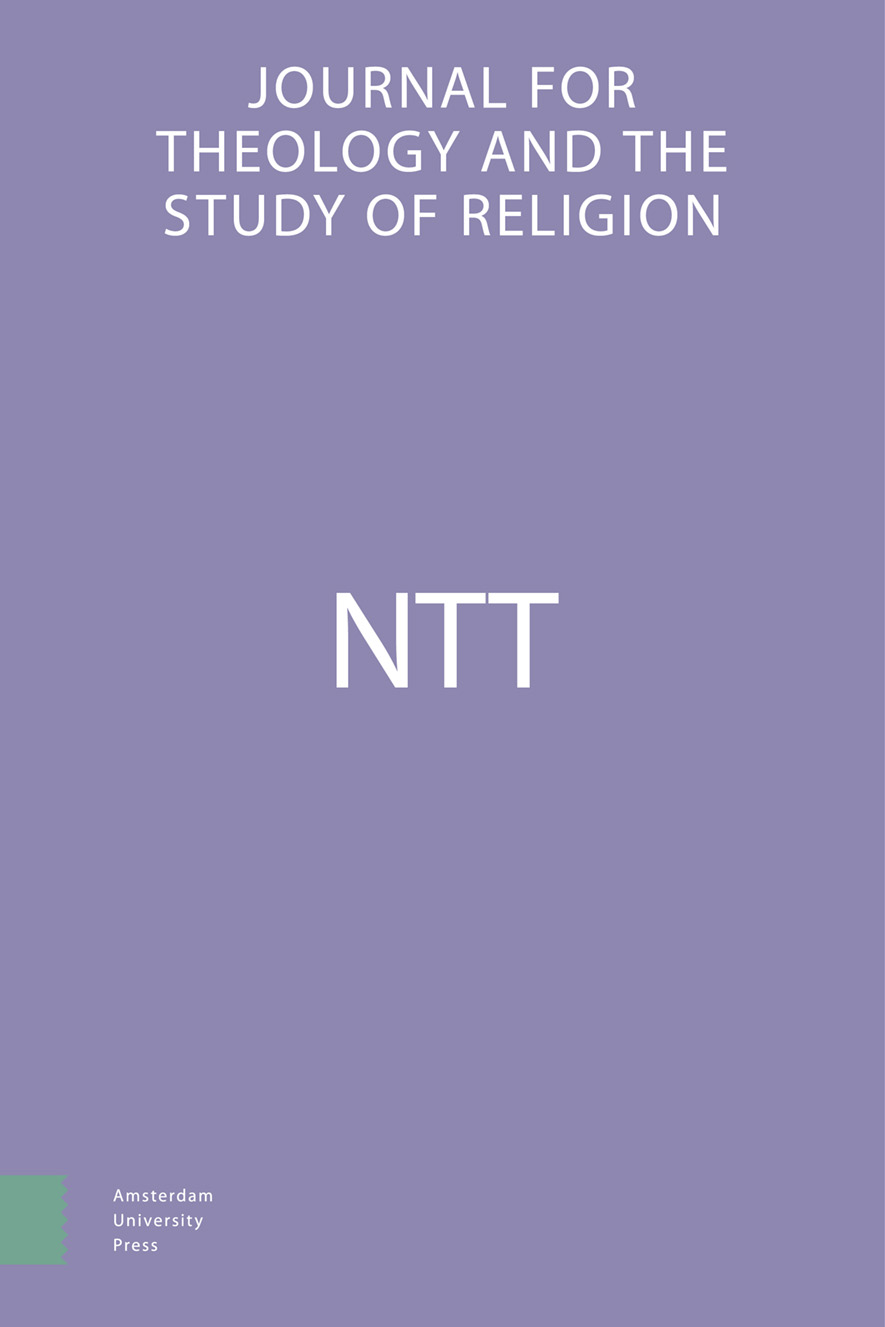-
oa Frederik van Eeden en Martin Buber
- Amsterdam University Press
- Source: NTT Journal for Theology and the Study of Religion, Volume 51, Issue 3, Jul 1997, p. 208 - 230
-
- 01 Jul 1997
Abstract
Abstract
Between 1910 and 1924 Van Eeden and Buber disagreed about the realisation of their socio-religious ideas. Inspired by a universal ideal of oneness Van Eeden, with kindred spirits, wanted to animate humanity. Averse to dogmatism he ended up in the Roman Catholic Church via platonic, oriental and signific avenues. Buber wished to actualize God in the community in an undogmatic, Nietzschean way. His permanent Zionist orientation became entangled with German nationalism between 1914 and 1916. Buber’s mystical war experience got him into conflict with the antimilitarist Van Eeden, so that their elite, the Forte-Kreis, which had a international brotherhood in mind, disintegrated.
© L. Engelfriet


